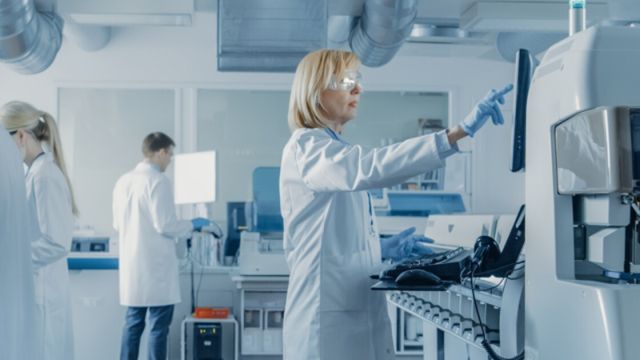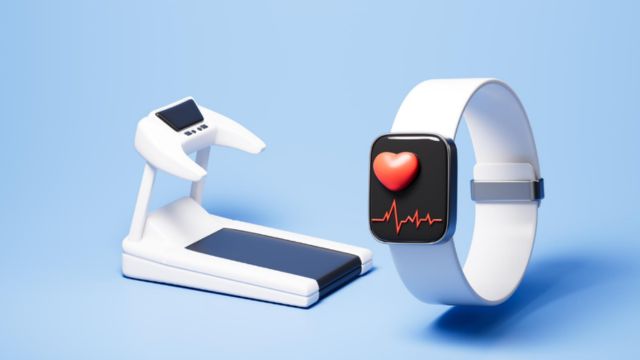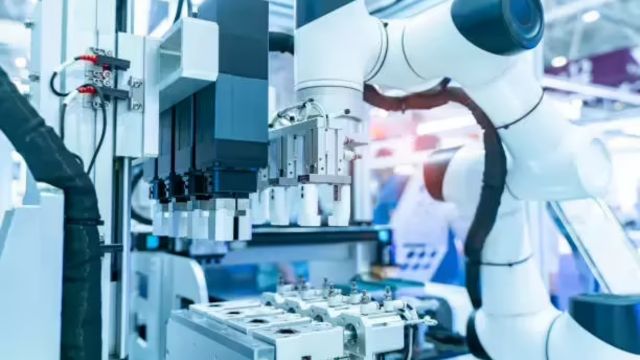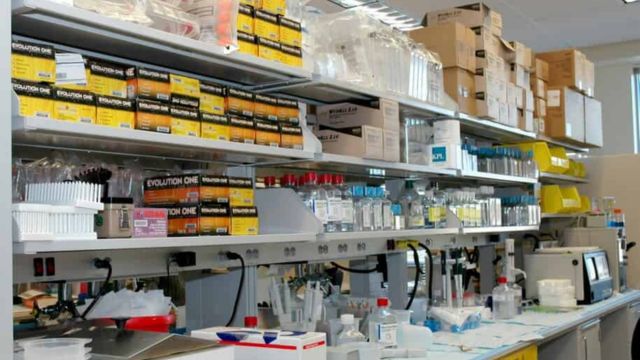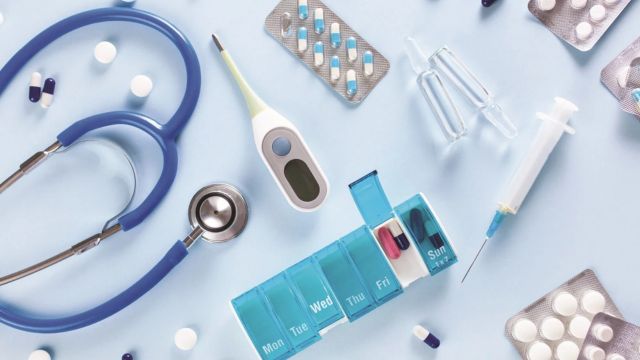The discipline in charge of maintaining and managing healthcare technologies, clinical engineering, is undergoing fascinating change. Clinical engineers will be very important in making sure medical equipment satisfies the rising needs of healthcare providers and patients given the fast development of medical technologies and changes in healthcare. The future directions in clinical engineering as well as what to anticipate over the next decade will be discussed in this paper.
1. Enhanced Combining of Machine Learning and Artificial Intelligence (AI)
As potent tools enabling healthcare workers to improve the operation of medical equipment and make better decisions, artificial intelligence and machine learning are finding their way into clinical engineering. Clinical engineers will probably supervise the integration of artificial intelligence and machine learning algorithms into a broad spectrum of medical equipment in the coming decade.
By use of predictive maintenance for medical devices, artificial intelligence helps engineers to forecast when a piece of equipment will require repairs or servicing prior to breakdown. Offering better accuracy and faster outcomes, it will also be extremely important in image processing, diagnostic tools, and decision support systems. Working closely with software developers, clinical engineers will be able to guarantee that AI-powered technologies are correctly included into current healthcare systems.
2. Remote Monitoring and Telemedicine

Clinical engineering is fundamental in the revolution that telemedicine and remote monitoring are bringing about in patient treatment. Maintaining and verifying the dependability of remote monitoring systems—including wearable medical devices tracking patient health data in real-time—will fall to clinical engineers.
Clinical engineers will be more needed during the next ten years to oversee and maintain these devices. Clinical engineers will endeavor to guarantee that equipment ranging from remote ECG monitoring systems to continuous glucose monitors are accurate, safe, and consistent with healthcare standards.
Additionally driving demand for more integrated systems is telemedicine. Clinical engineers will guarantee that telemedicine systems are compatible with other hospital systems, such electronic health records (EHR), so enabling medical practitioners to easily access and control patient data remotely.
To further explore how clinical engineering integrates with hospital IT systems, including the benefits and challenges, check out our detailed article on Integrating Clinical Engineering with Hospital IT Systems.
3. The Birth of Individualized Medicine
Personalized medicine—where therapies are customized to individual patients depending on their genetic composition, lifestyle, and particular health needs—will be more and more important in the next ten years. Ensuring that the medical equipment used for customized treatments is calibrated, dependable, and tailored for individual use will depend much on clinical engineers.
Customized drug delivery systems that change medicine dosages depending on a patient’s real-time health data, for instance, will call for clinical engineers to incorporate innovative technologies and uphold a great degree of accuracy. Managing 3D printing technologies for prosthesis and implant customizing for every patient will also fall to clinical engineers.
4. Enhanced Privacy and Data Security
Data security and privacy will take front stage in clinical engineering as healthcare moves toward digital solutions. Clinical engineers will have to make sure connected devices are safe and that data is encrypted to safeguard patient privacy as linked devices and the gathering of sensitive patient data call for.
Working with cybersecurity professionals to find flaws in medical equipment and guarantee that software and firmware updates are implemented to preserve security will define the direction of clinical engineering going forward. To guarantee compliance and prevent possible data breaches, clinical engineers will also have to keep informed on changing healthcare rules such the Health Insurance Portability and Accountability Act (HIPAA).
5. Robotics and Automation Integration
Although robotic systems are already applied in surgery, diagnostics, and rehabilitation, in the coming decade they should become even more entwined into the clinical engineering domain. Managing and sustaining robotic systems used in hospitals and offices will fall to clinical engineers.
From automated patient monitoring systems to robotic-assisted surgery tools, clinical engineers will have to make sure these systems are running as they should and ready for use as needed. Furthermore, the development of automation in the healthcare sector will need engineers to keep an eye on and guarantee that human supervision is still there when needed. Automated processes will also demand of them.
6. Eco-Friendliness and Sustainable Behavior
Clinical engineering will help medical products and healthcare infrastructure be more sustainable as healthcare companies aim to lower their environmental effect. Clinical engineers will be challenged over the next ten years to identify methods to increase the sustainability and energy-efficiency of medical equipment.
This could entail creating medical equipment using ecologically friendly materials or running healthcare buildings on renewable energy sources. Clinical engineers will also have to make sure that gadgets are made with end-of- life disposal and recycling in mind, therefore lessening the environmental impact of medical equipment.
7. Advance Technologies: Training and Education
Clinical engineers will have to keep ahead of the curve by always learning as new technology and ideas keep developing. Particularly in sectors including artificial intelligence, robots, and cybersecurity, advanced training and education will become more important in the next decade.
Clinical engineering programs will probably change to emphasize more on these developing sectors in order to satisfy the rising needs of the healthcare sector. To guarantee the effective application of new technologies, clinical engineers will also be obliged to cooperate with multidisciplinary teams including data scientists, software developers, and cybersecurity specialists.
As clinical engineering continues to evolve, sustainability is becoming an important factor in both the design and maintenance of medical equipment. In addition to technological advancements, adopting sustainable practices will be crucial for reducing environmental impact. To learn more about how clinical engineers can integrate eco-friendly solutions, such as reducing waste and energy use, be sure to check out our guide on sustainable practices in clinical engineering.
Conclusion: The Role of Clinical Engineers in Shaping the Future of Healthcare
The coming decade looks to bring a lot of fascinating developments in the field of clinical engineering. From tailored treatment and remote monitoring to AI-powered medical devices, clinical engineers will be leading front-edge healthcare innovation. Their knowledge will guarantee that medical tools are dependable, safe, and efficient, thereby enabling healthcare providers to provide patients with the finest available treatment.
At J&J Supplies, we are dedicated to provide premium medical and clinical engineering goods to meet changing needs of the healthcare sector. Whether your search is for cutting-edge instruments for clinical engineering, sophisticated medical supplies, or maintenance tools, we have the items you need to keep your healthcare institution going.
Look over our selection now to make sure your facility is ready for the direction of healthcare going forward.
To find further information, visit jandjsupplies.com.

